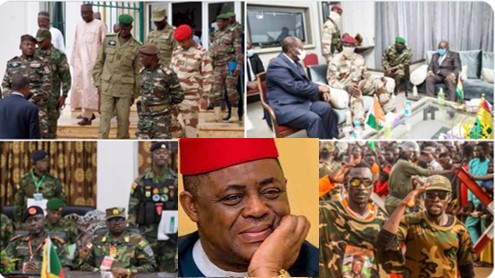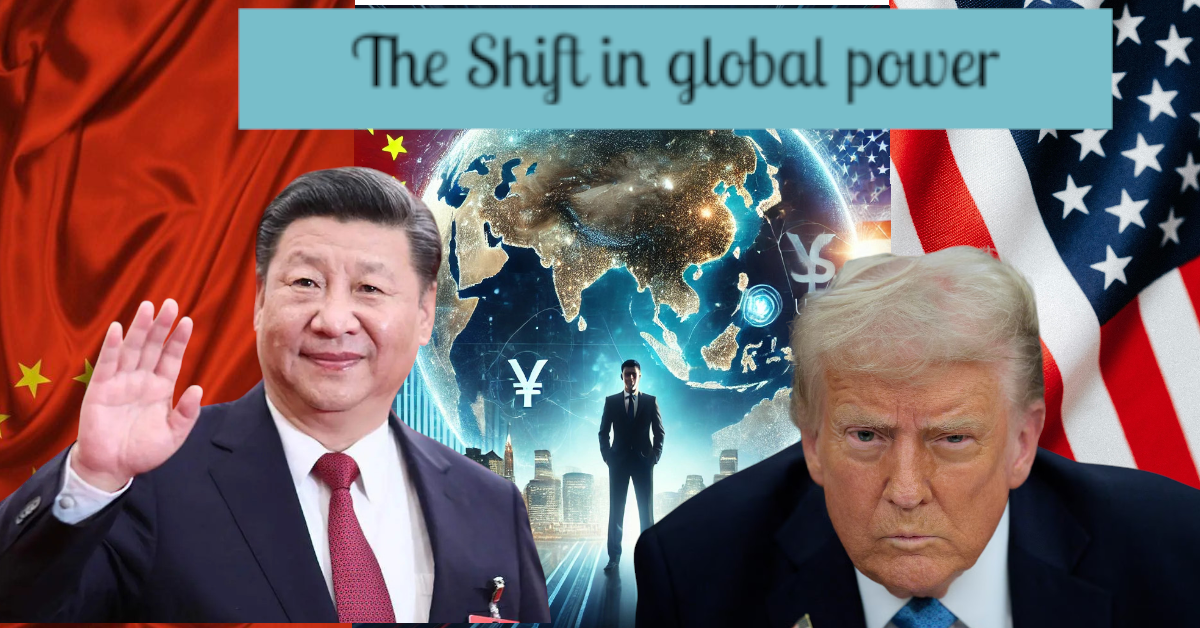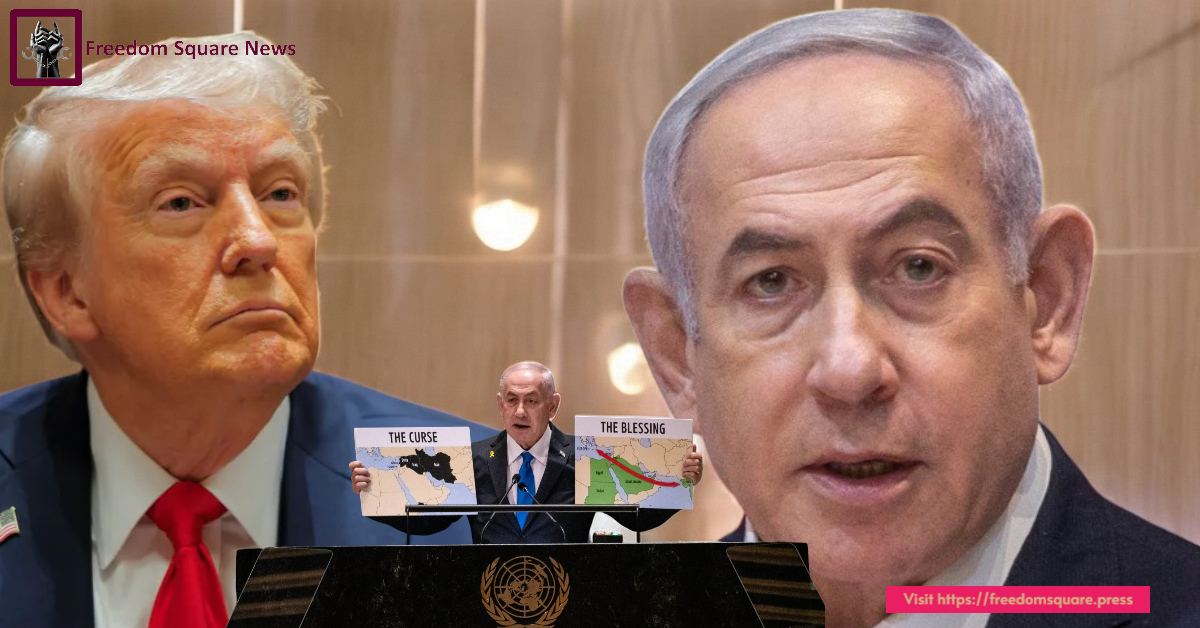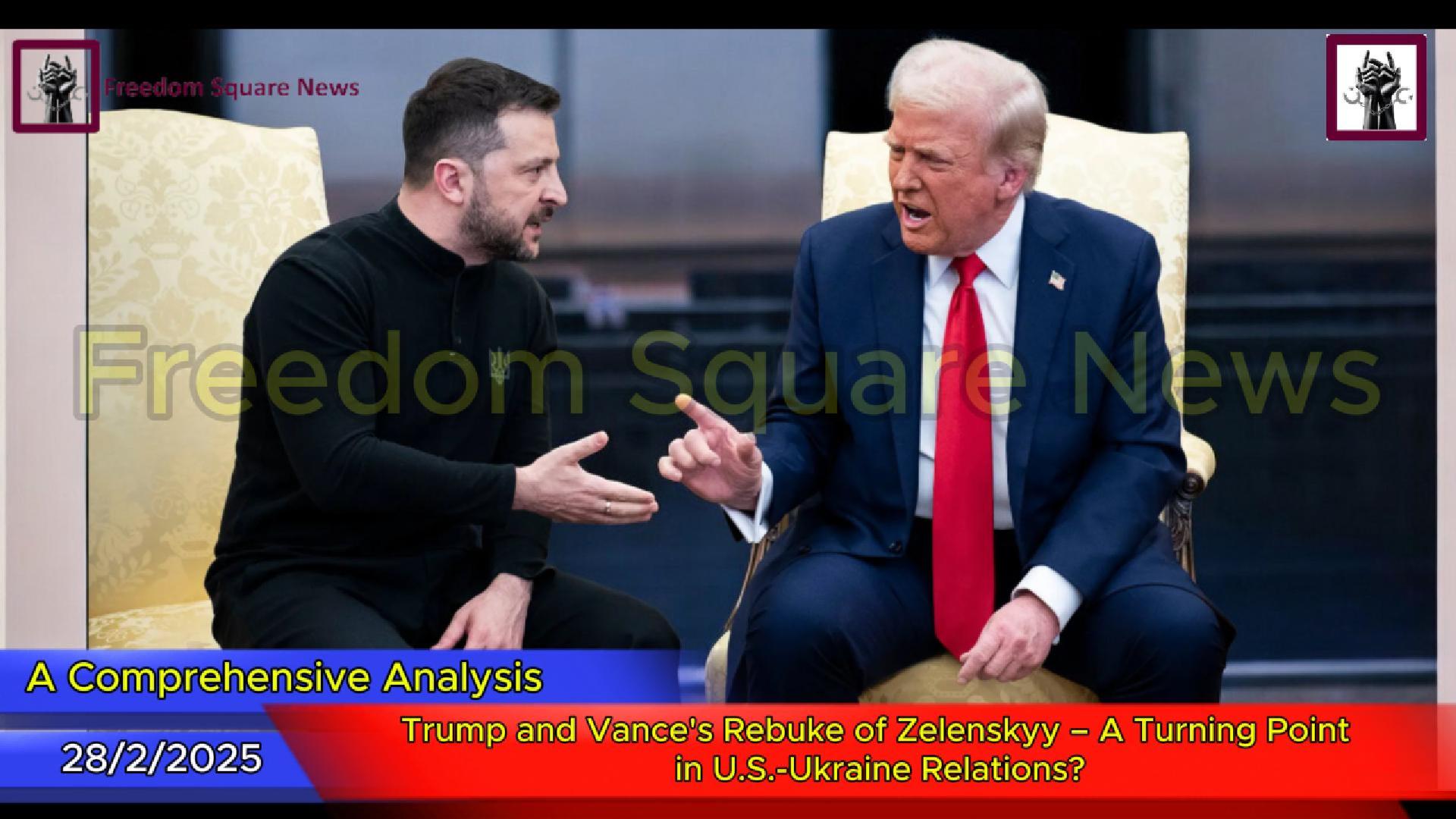By Femi Fani-Kayode
Despite the hysteria surrounding ministerial appointments, portfolios, and the euphoria they generate, let us remain focused on the crucial issues at hand and not lose sight of our priorities.
Apart from our economic and security challenges, the most pressing concern is the complex situation unfolding in Niger Republic, along with the prevalence of military governments in neighboring countries.
The facts are as follows: over the past three years, Sudan, Chad, Niger, Burkina Faso, Mali, and Guinea have all experienced coup d’états and the rise of military governments.
This has resulted in the emergence of a potent and daunting “coup belt,” comprising unelected military regimes. This belt stretches from Guinea on the western edge of the West African sub-region, across the southern border of the North African Sahel and the Lake Chad region, all the way to East Africa and the Pacific Ocean.
Effectively, this belt forms an unbroken chain of unauthorized and unaccountable military regimes, essentially dividing North Africa from the rest of the continent. Hence, the greatest challenge of our era is to prevent the expansion, strengthening, and widening of this belt of unconstitutional governments. We must curb the proliferation of military interventions and coups. No matter the cost, we must stand up for our democracy, safeguard our freedom, and preserve our way of life.
Relying on foreign or regional military intervention is not a sustainable solution, nor is marching into Niger to forcibly restore democracy. Our only path forward is winning the support and loyalty of our people by delivering good governance, justice, and accountability. When the people are invested in these principles, they will naturally oppose any attempted coup, and the need for foreign intervention will diminish.
Regrettably, President Bazoum failed to understand this crucial point. His disregard for his people’s desires and his submission to foreign influence allowed the mutineers to seize the moment. We must hope that other African leaders can learn from his mistakes. By doing so, we can strengthen our nations and foster the growth of democracy within them. Otherwise, we should brace ourselves for the worst. The choice rests with our leaders.
Allow me to conclude with a final note on the misguided notion that military intervention or threats thereof in Niger will lead to the restoration of democracy. After a recent meeting of the ECOWAS Chief of Defence Staffs and military commanders in Accra, a definitive statement emerged: “We are ready to intervene in Niger Republic.” This declaration contradicted the counsel of the African Union and influential North African countries like Algeria, which cautioned against such action.
I feel compelled to raise the following questions for these ECOWAS military commanders, challenging them to address these concerns:
Can we truly succeed in attacking a country where civilians are showing solidarity with their perceived oppressors?
In reality, such endeavors are often more challenging to execute than to announce.
The conflict between Russia and Ukraine serves as a reminder that military operations can extend far beyond initial predictions, causing immense suffering and loss of life.
Additionally, has the ECOWAS “force” been organized already, or will it be divided into sectors with each country assigned a sector? Where is the Command HQ situated? Who will oversee Niger’s sector within the Multinational Joint Task Force (MNJTF) around Lake Chad, especially if Niger withdraws its troops? If Burkina Faso and Mali join Niger’s forces, as they have threatened, who will prevent the movement of insurgents and terrorists across the triangular borders of Mali, Burkina Faso, and Niger? Is the Russian Wagner force still active in the region? Have we adequately prepared to tackle weapons and drug trafficking across Niger’s borders, now that our former partners in that nation have turned into adversaries? Even with their cooperation, cross-border crimes remain a significant concern.
Who will manage the logistics—AU, UN, or Western powers? Given Nigeria’s current financial limitations, such support is unfeasible, unlike during ECOMOG. Thus, we must prioritize conflict resolution mechanisms to gain time to address these questions. Proceeding cautiously, wisely, and carefully is essential.
If Niger and its allies inadvertently allow ISIS, AQIM, ISWAP, etc., to enter Benin and Togo—the weakest link in ECOWAS—Nigeria’s entire western border, from Sokoto to Lagos, could become vulnerable to terrorist attacks. Some of these elements have already infiltrated Niger State, close to Benin Republic and southwestern Nigeria.
It’s imperative that these questions find answers.
Attacking Niger could ignite a massive military conflict engulfing West Africa, which might subsequently spread to North, Central, and East Africa.
The mutineers and coup plotters have shown willingness to negotiate. Thus, ECOWAS opting for force, risking President Bazoum’s life, seems illogical.
A reckless path to war could lead to a disastrous conflict, with profound consequences for Africa. May we avoid such a scenario.
Lastly, Western powers, including the United States, United Kingdom, European Union, and France, have legitimate concerns about their strategic interests on the African continent. The stakes are high, and the Russians and Chinese should also be apprehensive. Beyond those who seek to destabilize Africa, no one, least of all Africans, benefits from a collection of ruthless, unaccountable military governments across the continent or from a potential global power proxy war.
In the end, such a conflict would likely involve mercenaries on both sides. Let us pray for deliverance from such a dire fate.




